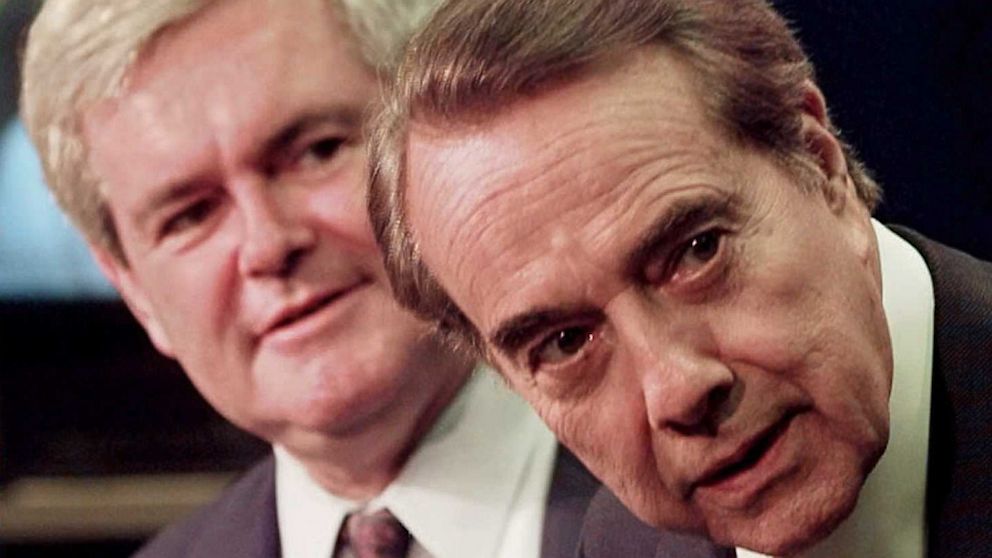Why Did the Government Shut Down? It’s Generational
Few lawmakers experienced the last shutdown

Oct. 1, 2013— -- The federal government shut down on Tuesday for the first time in over 17 years, one of the clearest signs of how dysfunctional and divided Washington has become.
Government shutdowns were once a common occurrence in the 1970s and 1980s. Between 1976 and 1996, the government shut down 17 times (the Washington Post lists them all here).
But shutdowns became a thing of the past after the last one ended in early 1996. That’s in large part because it proved to be a political calamity for Republicans.
Bill Clinton was president at the time, but the GOP, rather than the president, received the brunt of the blame, according to a November 1995 Washington Post/ABC News poll. Clinton went on to win reelection in 1996 and Republicans lost five seats in the 1998 midterm elections, prompting House Speaker Newt Gingrich to resign.
That shutdown might still be seared into the memories of congressional leaders like House Speaker John Boehner (R-Ohio) and Senate Majority Leader Harry Reid (D-Nev.), who were in office during the crisis. The vast majority of lawmakers, however, weren’t around to experience it.
Only 23 percent of members of Congress were serving during the last shutdown, according to a list compiled by Slate. That includes only 16 percent of House Republicans, who have demanded that parts of Obamacare be delayed or repealed in exchange for funding the government, a non-starter for President Barack Obama and Democrats.
“Republicans came to believe that the ‘95-’96 shutdown was very damaging politically,” said William Galston a political scientist at the Brookings Institution and a former Clinton adviser. “I think what's going on now is that you have a new generation of Republicans who have no personal memory or involvement in the ‘95-’96 shutdown."
In this shutdown fight, voters are angry at both parties. But Republicans are at greater risk than Democrats of shouldering the blame, according to polls.
A new Quinnipiac University poll show that voters oppose shutting down the government to block Obama’s healthcare law 72-22 percent. Fifty-five percent of voters blame Republicans who are determined to block any Obama initiative for gridlock in Washington, compared to 33 percent who say the president lacks the skills to persuade Congress.
The shutdown appears to have splintered Republican voters. Forty-nine percent of Republicans support shutting down the government to block Obamacare, while 44 percent oppose the move. Democrats strongly oppose the shutdown, as do three out of four independents.
"The Republican leadership is fearful,” said Galston. “They are fearful of losing their position and if the Speaker were willing to put his speakership at risk in order to come to a reasonable solution, we might be having a different conversation."